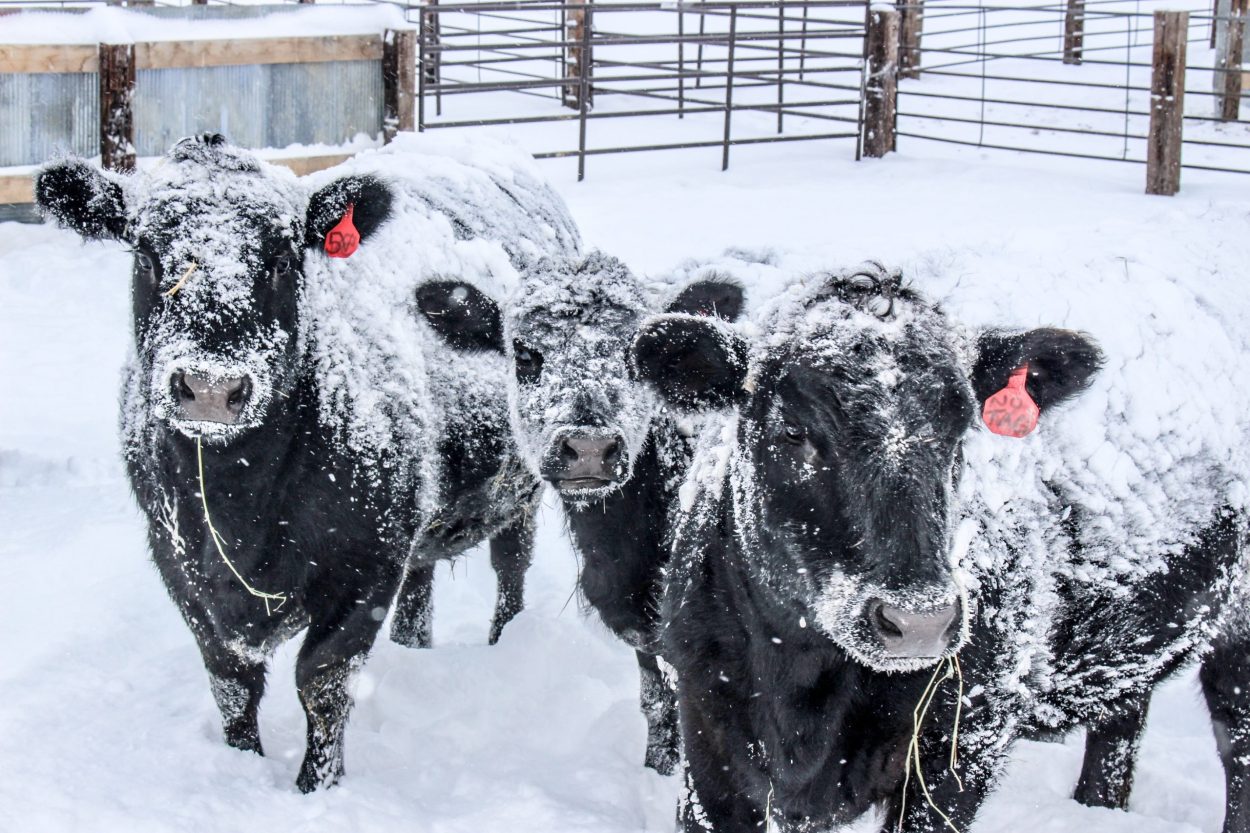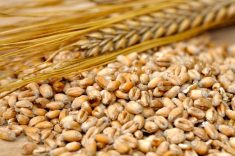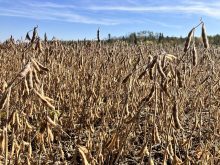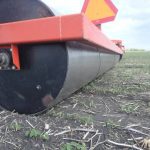MarketsFarm — A truck blockade at a Canada-U.S. border crossing at Coutts, Alta. has caused some headaches for grain buyers in southern parts of the province.
Since Saturday, commercial trucks and other vehicles have blocked Highway 4, a 103-km stretch which runs from the border to Lethbridge, to protest COVID-19 health measures. On the U.S. side of the border, Interstate 15 runs through much of the country’s west and ends in San Diego.
The protests later turned violent after police urged protestors to leave. Alberta RCMP, who on Tuesday called the demonstration an “unlawful blockade,” said Wednesday that protestors have allowed single northbound and southbound lanes to reopen to traffic.
Read Also

Klassen: Strong demand underpins Western Canadian feeder market
For the week ending February 28, Western Canadian feeder cattle markets were unchanged from seven days earlier. Calves may have…
Mike Fleischhauer, trader for Eagle Commodities Ltd. at Lethbridge, said the blockade has affected the transport of feed grains and other products for feedlots.
“There are DDGs that are getting affected. I’m sure there are some wheat and barley coming in or going out through Great Falls,” he said, referring to the western Montana city about 190 km south of Coutts.
“A couple of our trucks have been held up at the border trying to get (into the U.S.) to pick up some stuff at Great Falls, but can’t get down.”
Some truckers are trying their best to avoid the blockade, driving into the U.S. through other crossings. However, while the Coutts crossing is open 24 hours and sees at least 600 trucks a day, according to Fleischhauer, others aren’t open all the time.
“The Carway border crossing, which is 100 km west (of Coutts), was open, but now it’s closed. The Del Bonita crossing (50 km west of Coutts) is closed,” he said.
“I guess if you went further east and go into Saskatchewan and down, but a lot of these guys aren’t doing that. They’re waiting until it’s ready to go.”
As for the time being, U.S. corn imports into Alberta are still making their way to feedlots.
“I know there are a few coming in on trucks, but lots of the corn is still coming in on rail,” Fleischhauer said, adding that there has been little price movement for barley or wheat.
“A good majority of the feedlots are still using corn. There is barley being used and we’re starting to see a little bit more volume coming to the table.”
— Adam Peleshaty reports for MarketsFarm from Stonewall, Man.
















